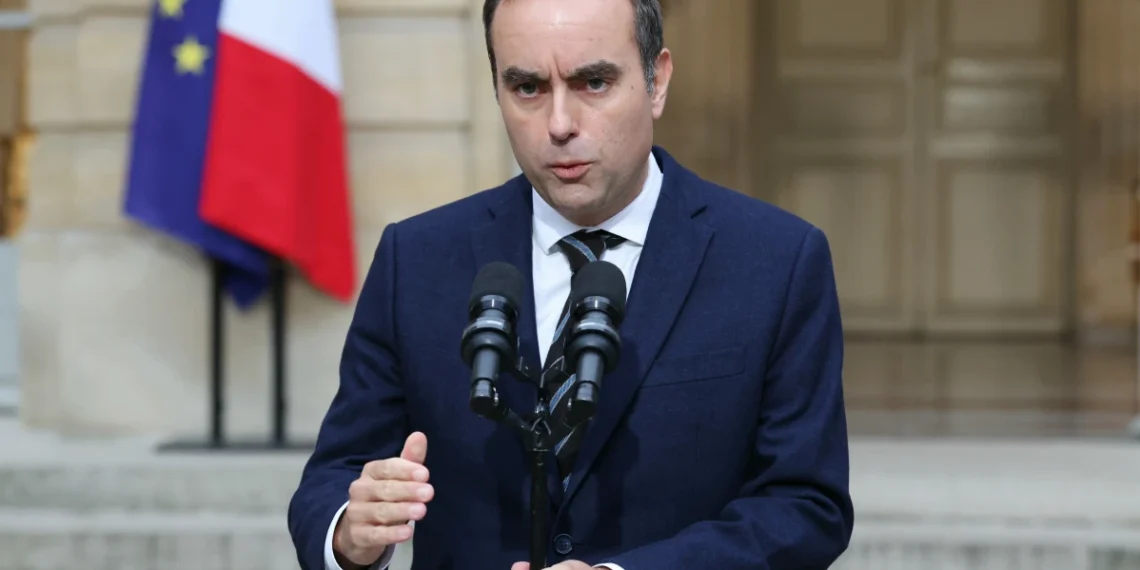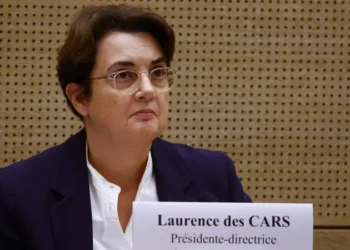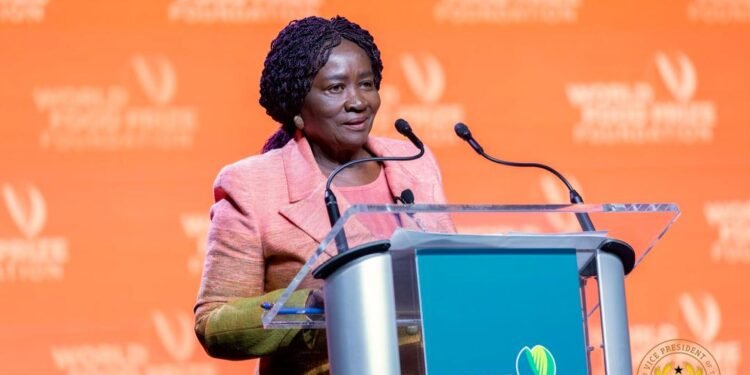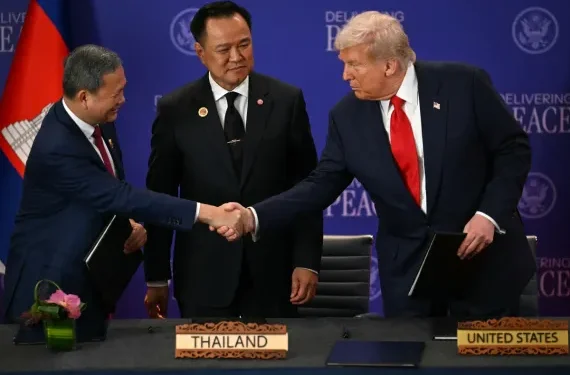France’s new Prime Minister, Sébastien Lecornu, has announced that he would not use a special constitutional power to force a budget through parliament without a vote and will instead seek a compromise with lawmakers from the left and the right.
Lecornu told reporters in his first televised address since being named by French President, Emmanuel Macron three weeks ago, “In a functioning parliament – one that’s been recently renewed and reflects the face of France – you can’t just force things through.”
Lecornu’s pledge came ahead of crunch talks with political rivals; the Socialist party and far-right Rassemblement National (National Rally or RN), over how to pass a slimmed-down 2026 budget, a complex legislative balancing act that could lead to his ouster.
Lecornu, who last month became Macron’s fifth Prime Minister in two years, has been in complex talks with party leaders and unions to try to find a way to push the budget through a deeply fragmented parliament, split between three ideological blocs.
His decision seeks to prevent a no-confidence motion from being voted at parliament, where he lacks a majority.
“Each lawmaker must be able to have power, must be able to have responsibility.
“I decided to renounce using the article 49.3 of the Constitution. The government will need to change its method, build compromises.”
Sébastien Lecornu
The so-called “49.3” article allows the Prime Minister to skip votes and ram bills through parliament, but leaves it exposed to a no-confidence vote that can bring down the government.
Critics argue that it is disrespectful of lawmakers and undemocratic, but past Prime Ministers have often used it to pass complex legislation. Lecornu’s predecessor, François Bayrou, used it to pass this year’s budget.
Lecornu, a 39 year-old centrist, was appointed last month by President Emmanuel Macron after political turmoil over planned spending cuts that led to the fall of his predecessor.
Lecornu, who needs to pass a 2026 budget bill by the end of the year, hopes his move to renounce using the article 49.3 of the Constitution will entice lawmakers, especially from the moderate left, to agree to a non-aggression pact at parliament, and also ease relations with his conservative allies, The Republicans.
He listed better pensions for women, fairer taxation, an increase in people’s purchasing power and addressing immigration issues as issues that need to be dealt with.
Lecornu, who has yet to appoint his government Ministers, said this will be done “in the coming days,” ahead of a general policy speech expected next week at the National Assembly.
“Now that the government is no longer in a position to interrupt the (parliamentary) debates, there is no reason why they should not begin next week.”
Sébastien Lecornu,
Lecornu Puts Onus On Lawmakers To Agree On A Compromise
By refusing to use it, Lecornu is throwing the ball into parliament’s camp, forcing lawmakers to agree between themselves on a compromise that could pass the two chambers of parliament before the end-of-year deadline.
Lecornu said, “What struck me is that behind the closed doors of my office, compromises are possible, discussions are serious, always sincere.”
Lecornu said little on substance, but revealed that he was open to “improving” an unpopular pension reform and that discussions could be held on how to make taxes fairer, in particular regarding the 0.1% richest in society, although he dismissed the so-called Zucman tax promoted by the left.
French politics have been in turmoil since Macron called early parliamentary elections in June last year which resulted in a deeply fragmented legislature.
France has the European Union’s second biggest economy, but its ballooning deficit and crushing debt has worried investors.
READ ALSO: Broken Pay System Betrays Teachers, Nurses, and Junior Doctors























